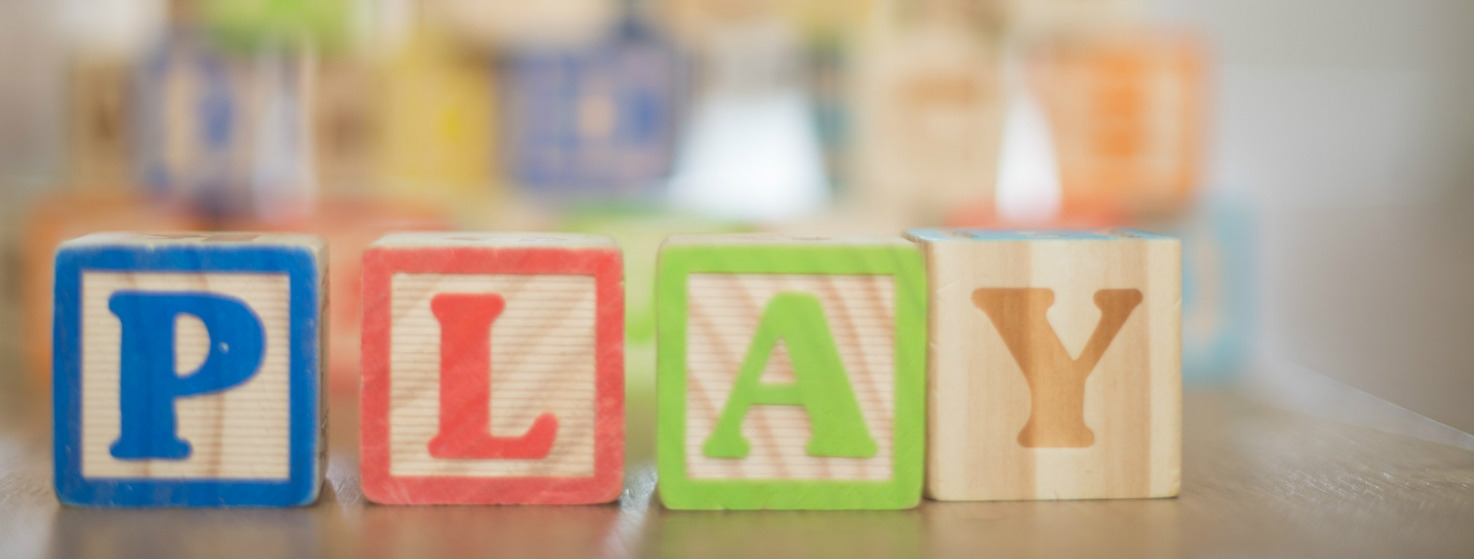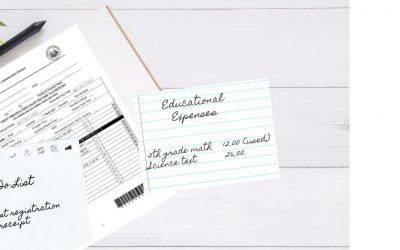Science:
- Daily “calendar” time with date, day of the week, weather, and season.
- Playground time – giving them active experiences with
- fulcrums: see saw
- lever arms: see saw
- centrifugal force: merry-go-round
- pendulum: swing
- inclined plane: sliding board
- Zoology at the zoo or in nature: birds, ants, squirrels, deer, pets, chickens, etc.
- Botany via a garden – yours, Grandma’s, or the neighbor’s; at the arboretum or a local botanical garden; or when the leaves fall in winter (deciduous trees), as wild flowers emerge throughout spring and summer, and while planting/observing/caring for house plants. Learn to observe, identify, water, and prune. Teach them not to pick wild plants so that they can proliferate.
Health via healthy habits:
- tooth brushing
- hand washing
- bathing
- clothing care
- precautions in public places, especially restrooms
- nutrition via healthy eating, understanding the food groups, and hydrating
Math:
- Patterns—with laundry sorting, table settings, and putting toys away
- Order—by completing a short list of chores
- Identifying shapes—through signs while driving, dishes while setting the table, by playing I Spy (“I spy a circle on the table”), or by reading shape books from the library
- Counting money—in the piggy bank, in their play store, or when receiving money for their birthday
- Understanding time by setting a timer for activities—like “Let’s pick up the living room for three minutes!” or “See if we can beat our last time record for putting the blocks away!”
- Direction sense—by talking briefly about heading north on the interstate or going south to visit Grandma. Provide a simple map to color.
- Comparisons—by talking about things that are larger/smaller/taller/shorter than other things or measuring with rulers: “This is about two rulers tall.”
- Use a simple map to together trace the path of the Ingalls family while reading the Little House books aloud.
- Make a simple column graph with increments representing dollars. Color further up the column as they make deposits in their piggy bank or real bank.
- Open up a savings account together at the local bank. Make a child-friendly savings book and help them record periodic deposits, perhaps with a column chart as described above.
- Play games like Sorry or Trouble. Patiently teach them to wait their turn, finish what’s started, move in the proper direction, recognize the numbers, count the spaces, and cheer for the other players (good sportsmanship). You can even use the cards for flash cards a few weeks before playing. Or limit the cards to numbers they know.
Social studies:
- See map overlap in the math section above.
- Arrange a fun visit to the fire station, police department, and nursing home.
- Visit child-friendly museums and historical locations.
- Visit state parks.
- Visit grandparents and briefly talk about when they were born, adding in a few historical details like the first landing on the moon when Grandma was little. Make a picture time line to note these occasions in order.
- Watch historical movies that are preschool-friendly to link simple history to a time line. For example, the Little House movie, Sarah Plain and Tall, Miracle on 34th Street, or the American Girl movies. Cut out pictures from each movie (found online) and play a game where they put the pictures in chronological order. Add pictures of parents and grandparents if you want, or even other historical events. You can also do this with historical fiction characters from books you are reading aloud.
- Celebrate holidays like Veterans Day and the 4th of July. Help children understand the significance in child-friendly ways—like putting up a flag, coloring a flag, going to a Veteran’s parade and having their pictures made with veterans.
- Go to Home School Day at the Capitol. Take the tours. Prepare home-made cards to take to legislator’s offices. Practice manners for the secretaries and staff (friendly smiles, eye contact, and “It’s nice to meet you”).
- Point out and discuss road signs like ‘yield,’ brown landmark signs along the interstate, white historical signs on older roads, ‘stop,’ speed limit signs, and the like.
- Take your children to visit someone in the hospital. Discuss the purpose of a hospital, how germs spread and how we can take precautions, and how to be pleasant to someone who is not feeling well. Notice the doctors, nurses and other staff. Be polite to all.
- Teach courtesy to older folks—church is a good setting to practice. Teach them to be physically careful around older people to prevent falls, but also to greet them to help them feel valued.
- Introduce a map with the continents. Post on the fridge and identify a different continent every week.
Pre-reading:
- Take bi-weekly trips to the local library to check out 2-3 books. Read these books aloud at special times. Keep them in a basket by the door and return them promptly in good condition.
- Start a small library of your own with a shelf of books that your child especially enjoys. Give books for birthdays, Christmas, etc. Learn to care for them by replacing them on the shelf, not creasing them, not throwing them, etc.
- Read aloud every day for a short period. Include books that expand their academic horizon, such as books about historical time periods, animals, or such things as airplanes, trains or trucks. Make it fun!
- Demonstrate reading. Let them see parents who enjoy reading and studying. If your own father or grandfather has a library, let them visit and talk to him about his favorite books. Talk with other readers about their favorites – especially their favorites at your child’s age. Borrow those books from the library!
- Color pictures that have to do with events. Dover coloring books are good choices!
- Provide a variety of dress-up clothes to encourage play-acting of historical periods, e.g. sunbonnets for Little House or squirrel tail caps for Daniel Boone. This will be fodder for writing stories later on.
- Write for them. Encourage them to think of what to say to Grandma while you write it down for them on a card. Have them sign their name, stamp the envelope, and mail it at the post office themselves.
- Listen to audio stories or audio books. (Audio encourages them to imagine the scene in their heads – opposed to videos where it’s all passive.)
Brain development:
Research indicates that active play in the preschool years is essential for good brain development! Rolling down the hill, sled-riding, playing outside, swinging, turning circles (Ring around the Rosy?), playground play, and other active play helps prepare children for later academics!
It’s also important to provide a learning environment, but not overly direct the activities. Remember, you want to feed their imagination, yet welcome “play.” Above all, you want learning to be fun. Play should merge with learning seamlessly!
Other learning toys:
- play store
- blocks/Lincoln logs
- play rakes, brooms, shovels, etc
- historical paper dolls
- scissors, scrap paper, and other easy crafting supplies
- lacing cards
- Candy Land and other preschool-level games
Don’t forget shelves and bins to house all the toys and supplies. Cleaning up after each use is also valuable learning!
Enjoy! These years are a short season of wonder and fun—and essential brain development through active “play!”





Recent Comments